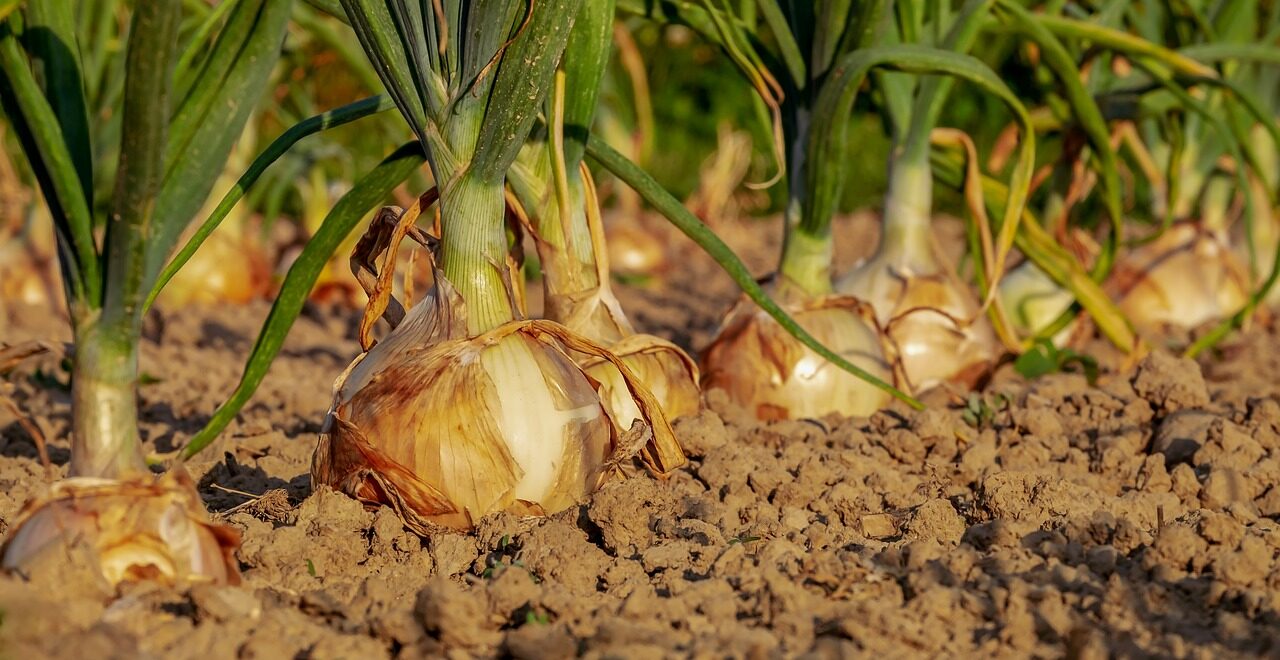Food Sovereignty
Food justice means making sure that everyone has access to healthy, affordable, and culturally appropriate food, no matter who they are or where they live.
By addressing issues like food insecurity, food deserts, and food waste, we can create a more fair and sustainable food system for everyone.
Food insecurity happens when people don’t have enough food to eat on a regular basis. It’s a big problem in many communities around the world, and it can have serious effects on people’s health and well-being.
By tackling the root causes of food insecurity, like poverty and inequality, we can make sure that everyone has enough to eat and can lead healthy lives.
Food deserts are areas where it’s hard to find fresh, healthy food.
These areas often don’t have grocery stores or farmers markets nearby, so people have to travel far to get the food they need.
By bringing more grocery stores, farmers markets, and community gardens to food deserts, we can make sure that everyone has access to fresh, healthy food close to home.
Hunger relief organizations play a big role in helping people who don’t have enough to eat. These organizations run food banks, soup kitchens, and other programs to provide food to people in need.
By volunteering, donating, or organizing food drives, we can all help make sure that no one in our community goes hungry.
Sustainable agriculture is important for making sure that we can continue to grow enough food for everyone without harming the environment.
Sustainable farmers use practices that protect the soil, water, and air, so that we can keep growing food for generations to come.
By supporting sustainable agriculture, we can make sure that everyone has enough food to eat now and in the future.
Food sovereignty is about giving communities control over their own food systems.
It means making sure that people can grow, buy, and eat the food that’s right for them, without outside interference.
By supporting local farmers and food producers, we can help communities have more control over their food and build stronger, more resilient food systems.
Food waste is a big problem in our food system. Every year, millions of pounds of food are thrown away, even though it’s still good to eat.
By reducing food waste and finding ways to use food more efficiently, we can make sure that more food reaches the people who need it and reduce our impact on the environment.
Nutrition education is important for helping people make healthy choices about the food they eat.
By teaching people about nutrition and cooking skills, we can help them make better choices and improve their health.
Nutrition education can happen in schools, community centers, and other places where people gather.
Fair trade is a way of buying and selling products that ensures that farmers and workers get paid a fair price for their work.
By buying fair trade products, we can support farmers and workers around the world and help build a more just and sustainable food system.
Community gardens are places where people come together to grow their own food and share it with others.
By participating in community gardens, we can learn new skills, meet new people, and help make our communities stronger and more resilient.
In conclusion, food justice is about making sure that everyone has access to healthy, affordable, and culturally appropriate food.
By working together to address issues like food insecurity, food deserts, and food waste, we can create a more fair and sustainable food system for everyone.

